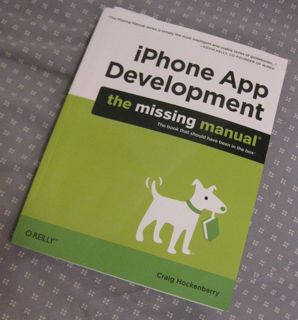It hasn't snowed for a while and the ground was hard, packed snow, almost icy, until I got over the bridge. Then the main trails were beautifully groomed for both skate skiers and people like me who use the Nordic tracks.
I realized that I'm usually here when there's lots of snow on the trees and they looked almost naked without gobs of whipped cream snow. (You can see some winter shots here. And you can see summer views here.)
Off the main trails, it was trickier for Nordic skiing - no tracks and smooth to icy. Great for fat tire bikes. (I tried to get the picture as he came toward me, but it took time to get my gloves off and camera out of my pocket.)
But while in Juneau you're likely to see posters for Peace on Earth, Anchorage folks take it a little further.
The New Testament is not one of my areas of expertise, but something told me to google the phrase "Blessed is the nation whose god is the Lord Jesus." There are only seven entries.
A broader search found a website called biblos which offers 15 parallel translations:
I know I'm walking on shaky ground (for me) when I write about the New Testament, so I'll leave this for readers to clarify.
New International Version (©1984)
Blessed is the nation whose God is the LORD, the people he chose for his inheritance.New Living Translation (©2007)
What joy for the nation whose God is the LORD, whose people he has chosen as his inheritance.
English Standard Version (©2001)
Blessed is the nation whose God is the LORD, the people whom he has chosen as his heritage!
New American Standard Bible (©1995)
Blessed is the nation whose God is the LORD, The people whom He has chosen for His own inheritance.
GOD'S WORD® Translation (©1995)
Blessed is the nation whose God is the LORD. Blessed are the people he has chosen as his own.
King James Bible
Blessed [is] the nation whose God [is] the LORD; [and] the people [whom] he hath chosen for his own inheritance.
American King James Version
Blessed is the nation whose God is the LORD; and the people whom he has chosen for his own inheritance.
American Standard Version
Blessed is the nation whose God is Jehovah, The people whom he hath chosen for his own inheritance.
Bible in Basic English
Happy is the nation whose God is the Lord; and the people whom he has taken for his heritage.
Douay-Rheims Bible
Blessed is the nation whose God is the Lord: the people whom he hath chosen for his inheritance.
Darby Bible Translation
Blessed is the nation whose God is Jehovah, the people that he hath chosen for his inheritance!
English Revised Version
Blessed is the nation whose God is the LORD; the people whom he hath chosen for his own inheritance.
Webster's Bible Translation
Blessed is the nation whose God is the LORD; and the people whom he hath chosen for his own inheritance.
World English Bible
Blessed is the nation whose God is Yahweh, the people whom he has chosen for his own inheritance.
Young's Literal Translation
O the happiness of the nation whose God is Jehovah, Of the people He did choose, For an inheritance to Him.
[OK, before you all shoot me down, I began to think, wait, the Psalms are in the Old Testament. But since the Old Testament doesn't mention Jesus, I assumed this was from the New Testament at first, before I saw the Psalms part. Here's a poetry website that rewrites the Psalms for the New Testament on the grounds that:
As beautiful as the Psalms of the Old Testament are, the refrain of nearly every song is the idea that the God of the Israelites will not only protect them from their enemies, but they actually pray that their god will destroy the persons they hate. Personally, I could not repeat such words in my daily devotions. So, with prayers and supplications to the best within myself, I have transposed these marvelous poems, back into their old genre of parallelism with the thinking as revealed by Christ.
Her version of this line (I think this is the one) comes out this way:
Happy is the nation who believes in the Beloved
Happy are the people who have chosen this way]



















